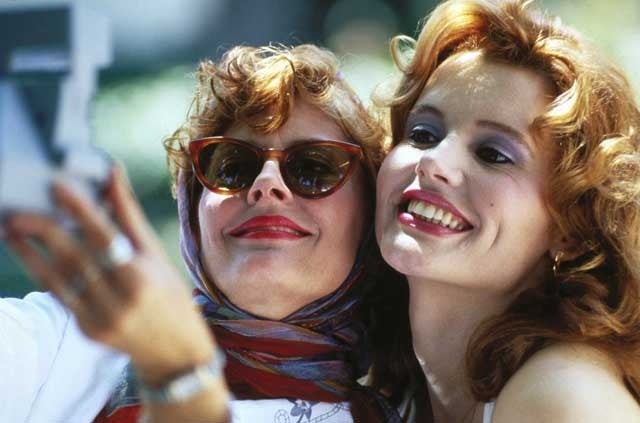Indyplus - How to stop Hollywood being so sexist: Geena Davis’ feminist manifesto
The Thelma & Louise actress is so disillusioned with the film industry’s attitude, she’s drawn up a manifesto

By Nick Clark
In 1991, Geena Davis starred in Thelma & Louise, a road movie about two women who become fugitives, which led critics to describe it as a “feminist manifesto for the 90s”.
Two decades on and the actress is so disillusioned with the film industry’s attitude to women she has drawn up a feminist manifesto of her own with “two easy steps to make Hollywood less sexist”.
In a column for The Hollywood Reporter’s 'Women in Entertainment Power 100' issue, the Oscar-winner bemoaned the gender imbalance in media and entertainment and called on film makers to introduce more female characters into their movies to provide positive role models for the young.
While the gender disparity in some sectors of society would take time to change, she said, “one category where the underrepresentation of women can be fixed tomorrow: onscreen”.
Davis said that while there were “woefully few women CEOs in the world, there can be lots of them in films”.
To help encourage young girls to pursue science, technology and engineering careers, more women should be put into those jobs onscreen, she said. “Here’s what I always say: if they can see it; they can be it,” she said.
There has never been a woman president of the US, yet the actress has played such a role in TV series Commander in Chief.
The actress said she had developed a “heightened awareness” of how women were portrayed in the media after she was cast in movies such as Thelma & Louise and A League of Their Own, a film about a women’s baseball team.
Davis said the first step to add women into current projects would be to go through the script “and change a bunch of the characters’ first names to women’s names” adding the characters may become “un-stereotypical. What if the plumber or pilot or construction foreman is a woman?”
The other way to boost female presence “without changing a line of dialogue” is to make sure half the throng gathered for a crowd scene is female.
This followed research that showed currently in crowd and group scenes in both live action and animated movies, only 17 per cent are female on average.
She set up the Geena Davis Institute on Gender in Media in 2004 to help change female portrayals and gender stereotyping in children’s media. It has sponsored what it calls the “largest amount of research ever done on gender depictions in media” which covers a 20 year period.
The research, carried out by Stacy Smith at the USC Annenberg School for Communication and Journalism, found that for ever female-speaking character in family rated films, there tend to be three male characters.
Subscribe to Independent Premium to bookmark this article
Want to bookmark your favourite articles and stories to read or reference later? Start your Independent Premium subscription today.

Join our commenting forum
Join thought-provoking conversations, follow other Independent readers and see their replies